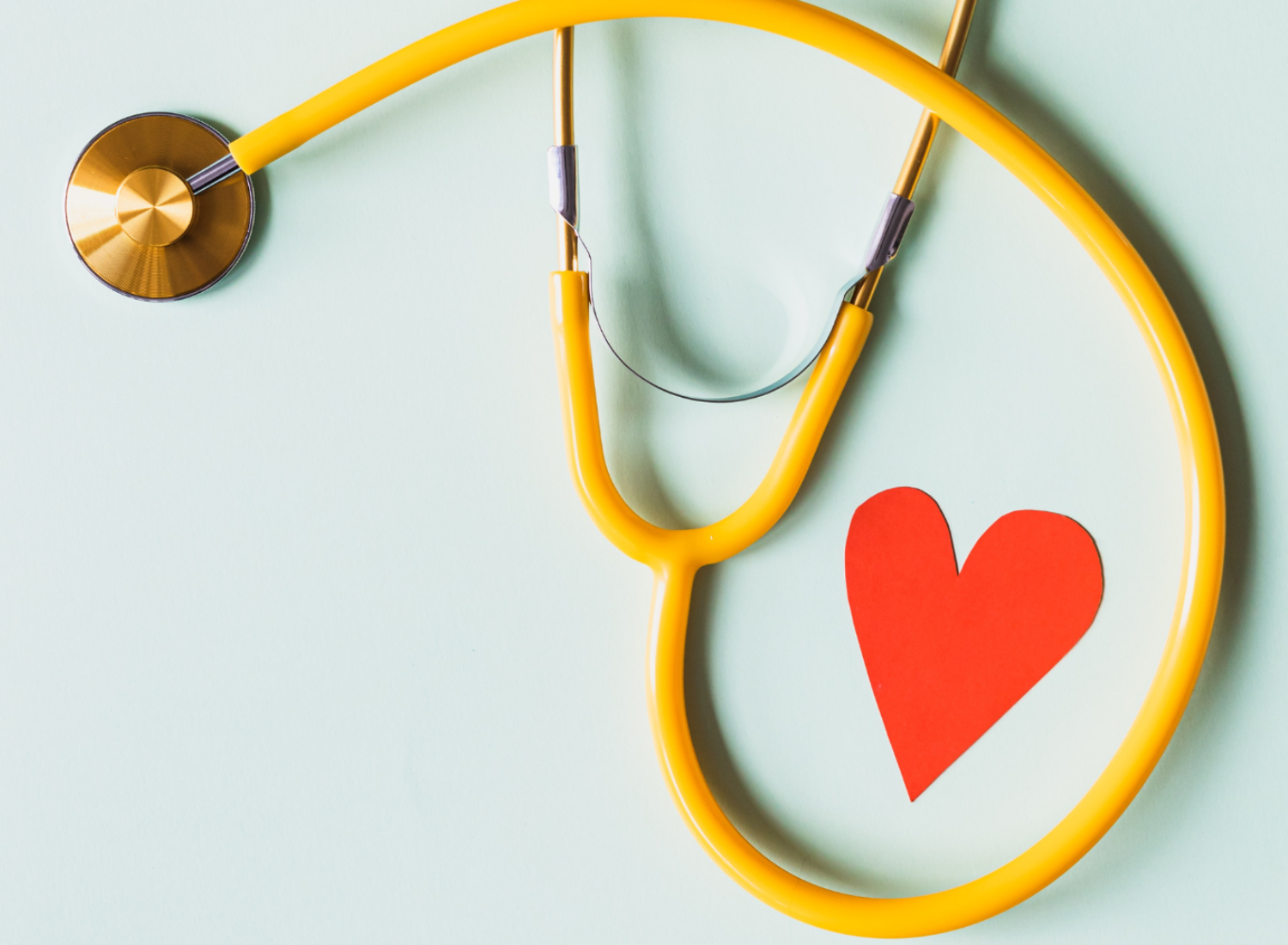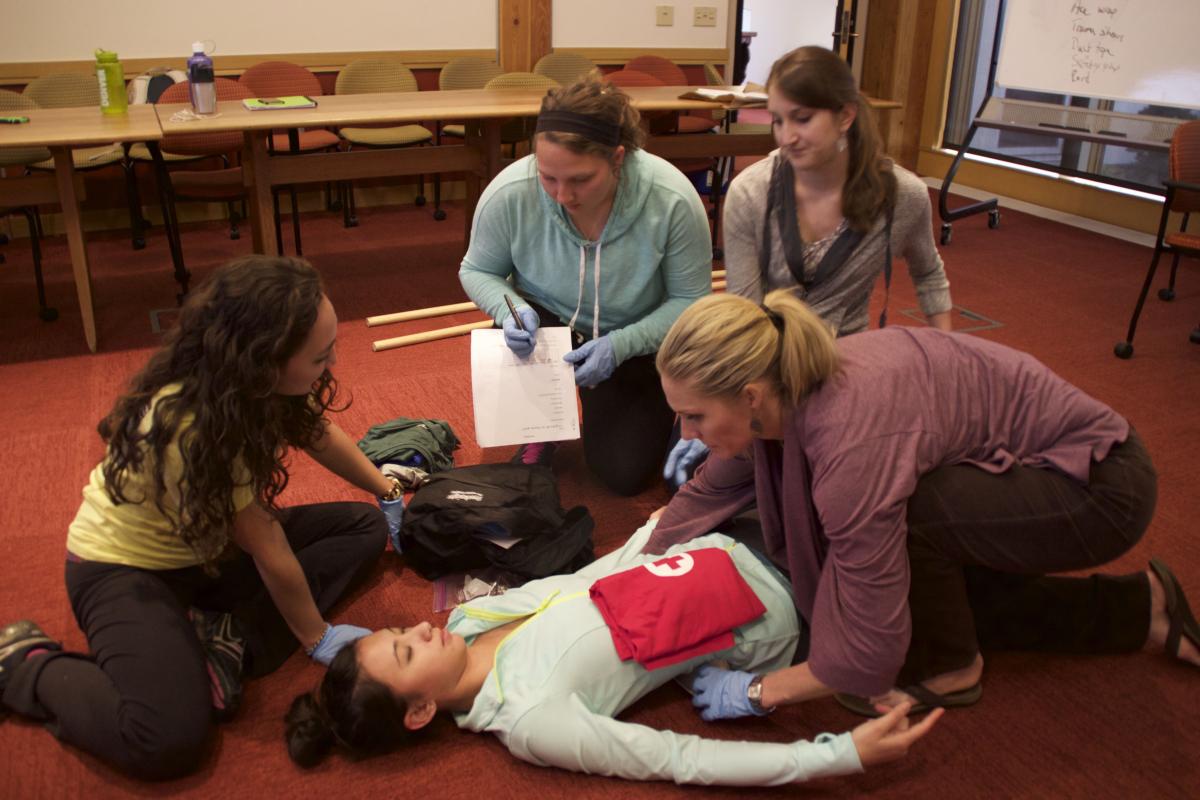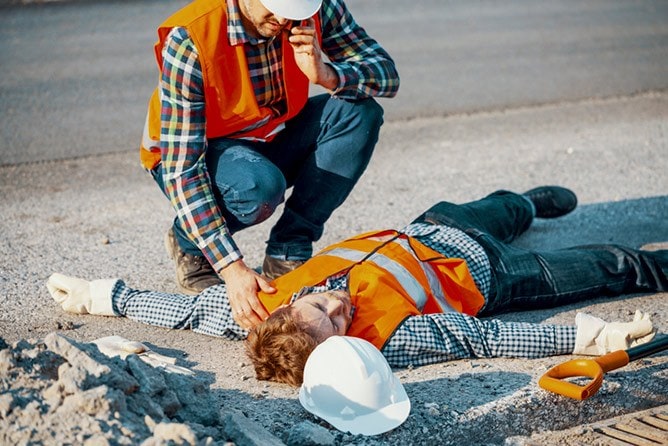Unfortunately, heart attacks are quite common, with over 86,000 people from England, Wales and Northern Ireland having a heart attack between April 2019 and March 2020. Knowing how to help someone having a heart attack or Cardiac Arrest is not only a useful but an essential thing to know.
It’s therefore useful to do a first aid training course to be able to recognise when someone is having a heart attack, and know the signs and symptoms to look out for.
It’s life saving to know the difference between a Heart Attack, Cardiac Arrest or someone suffering with Angina and below you can find all of the information.
Signs and Symptoms of a Heart Attack:
- Chest pain – a sensation of tightness, pressure or squeezing in your chest.
- Sweating.
- Pain on other parts of your body. (Left arm is common, but can be both. Can also be jaw, neck, stomach or back.) It can also feel as if the pain is spreading from your chest into your arms.
- Shortness of breath.
- Feeling lightheaded/dizzy.
- Feeling sick/being sick.
- An overwhelming feeling of anxiety.
- Wheezing/coughing.
The chest pain can be severe however it does affect people differently, with some people only experiencing minor pain.
It is the most common symptom in both men and women.
Women are more likely to experience
- Shortness of breath,
- Nausea/vomiting.
- Back or jaw pain.
Heart Attack, Cardiac Arrest and Angina and How to Respond

Heart Attack
A heart attack happens when the supply of blood to the heart becomes blocked, depriving it from oxygen. The more time that passes without the person being treated, the more the heart muscle will suffer. It’s important to get the person to a hospital to restore the blood supply.
A person suffering from a heart attack will more than likely be conscious and breathing.
- If you think someone is having a heart attack you should encourage them to sit down.
- If they have a GTN spray-use now. This dilates the blood vessels around the heart.
- If this does not help, give them an Aspirin Tablet if they have them prescribed.
- A Heart Attack can lead to Cardiac Arrest. If the person falls unconscious- start CPR.
Cardiac Arrest
A Cardiac Arrest is when the heart stops pumping blood around the body, causing the person to stop breathing properly and the heart to stop.
- This means there’s less oxygen in the body and the person needs immediate CPR.
- You should call an ambulance right away and look for the nearest defibrillator-the quicker you respond the better. Time is vital when it comes to Cardiac Arrest.
- Call an Ambulance.
Angina
Angina is when there is a reduced blood flow to the heart, causing chest pain. It can, like a heart attack be felt as a heaviness, tightness or squeezing in the chest. Angina is quite common however it is a symptom of coronary artery disease and should be checked out to determine which type of angina you have.
- GTN Spray is used to treat Angina.
Knowing what to do in emergencies will give you peace of mind in knowing that you can save someone if needed.
Signing up for a first aid training course is one of the most useful things you can do with your time and Harberry Clinic is dedicated to get as many people trained as possible.
Getting trained once in your lifetime can save a life. Contact Harberry Clinic today to view our first aid training courses in Northern Ireland.



